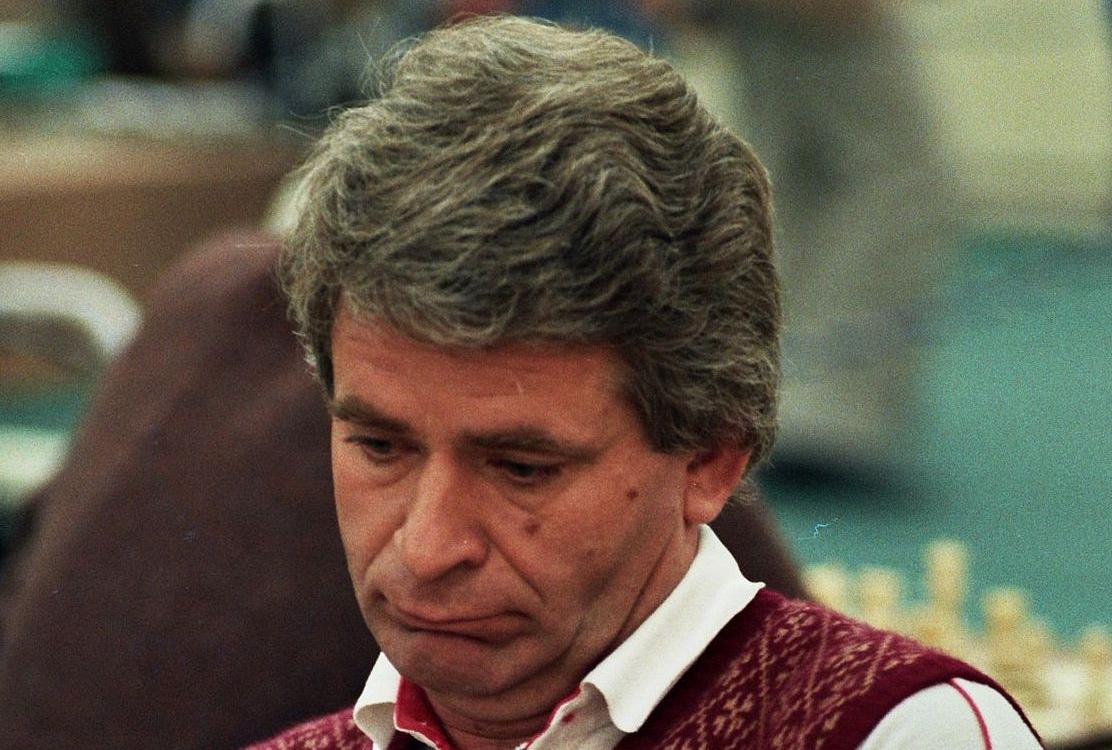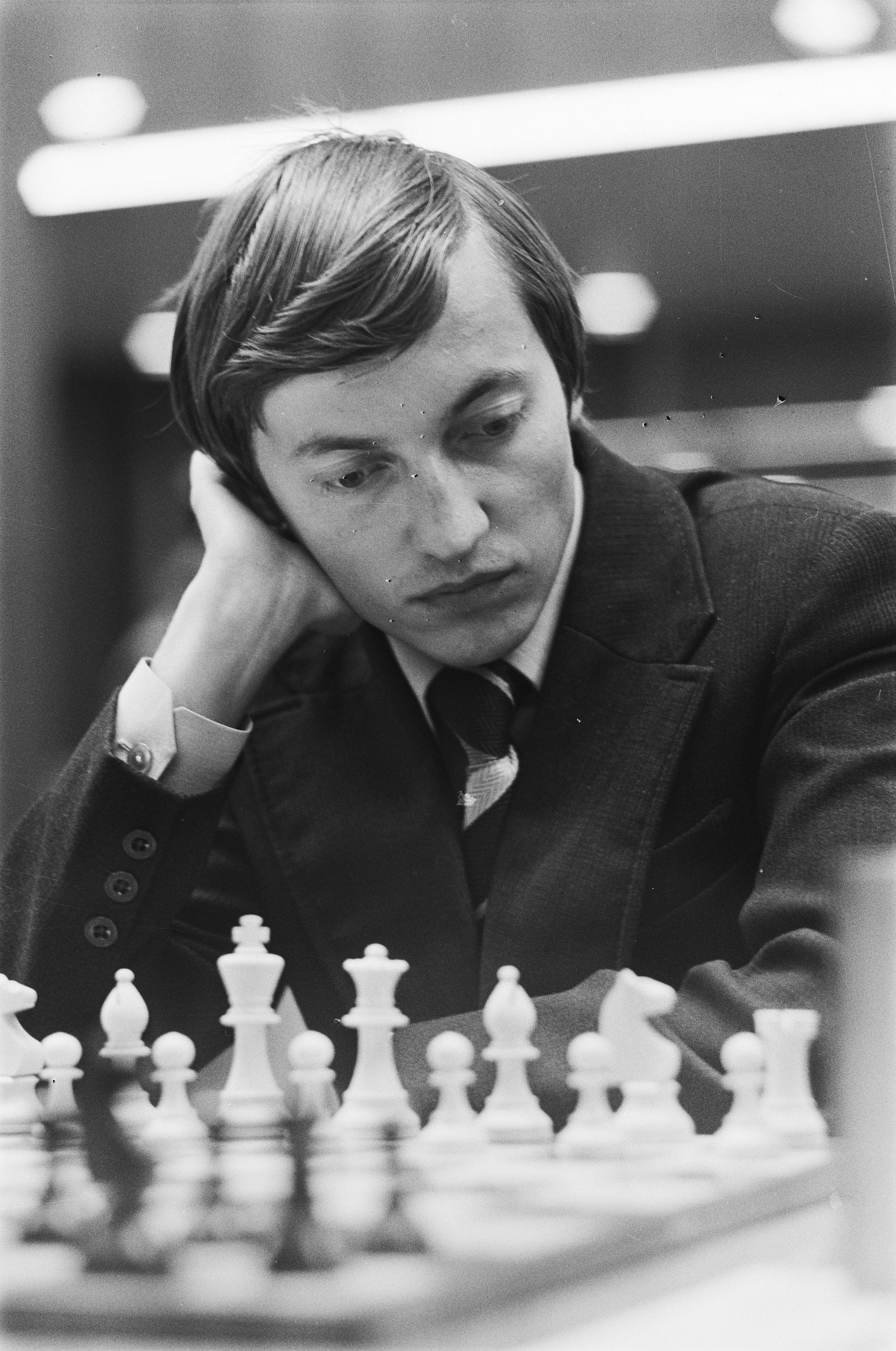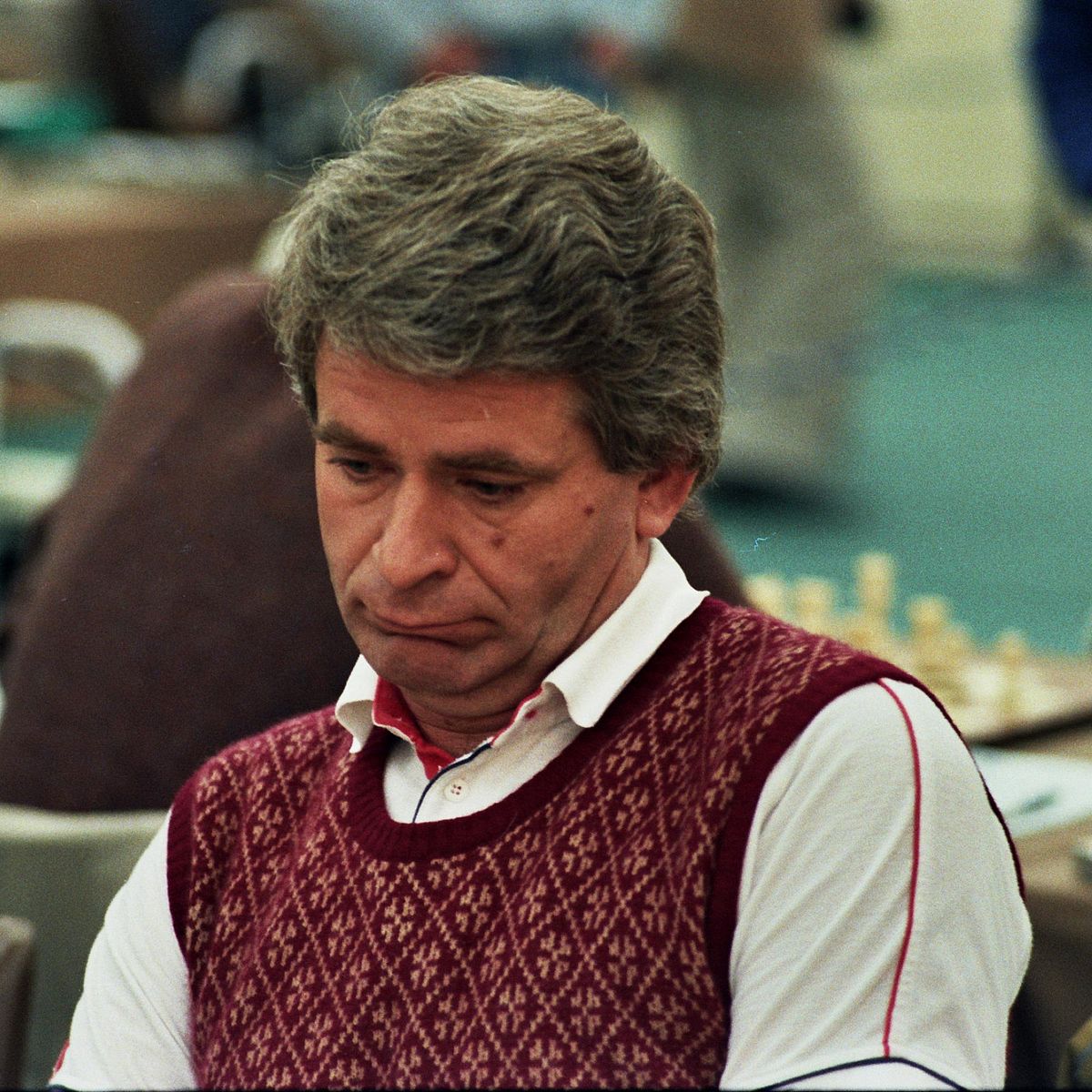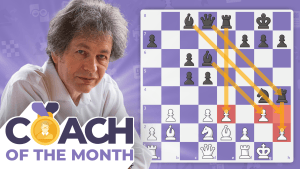
What If Fischer Had Played Karpov in 1975?
IM Cyrus Lakdawala contributed to this article.
In 1975, Bobby Fischer and Anatoly Karpov were set to play for the world chess championship.
Fischer, the reigning world champion, argued with the world chess federation (FIDE) over the format for the match, and FIDE would not bend to all of his demands. Fischer eventually withdrew from the match altogether, and Karpov was crowned the new world champion.
This shocking choice by Fischer to not play Karpov in 1975 has left one of the biggest questions in chess history: What if Fischer had played Karpov in 1975?
Would Fischer have defeated Karpov and added to his legacy? Would a young Karpov have stunned the chess world by defeating Fischer?
- Why Didn't the Match Happen?
- Bobby Fischer
- Anatoly Karpov
- Differing Opinions
- Factors and Speculation
- Conclusion
Why Didn't the Match Happen?
Fischer had issues with the previously used format for the world-championship match: a 24-game match, where the first player to 12.5 points would win. In the event of a 12-12 tie, the champion would retain the title. Fischer refused to play using this format and suggested a new format. He wanted unlimited games, where the first player to score 10 wins (draws would not count) would win the match. In the event of a 9-9 tie, the champion would retain the title.
At the 1974 Nice Olympiad, a FIDE Congress was held. The delegation agreed on the unlimited game format, as well as the proposal that the first player to win 10 games would win the match. However, they felt that the third proposal was unfair to the challenger. Upon hearing this news, Fischer officially resigned his FIDE world championship title, citing that his terms were non-negotiable. Other efforts to negotiate with Fischer proved fruitless.
Bobby Fischer

Fischer is considered to be one of the greatest players of all time. From 1970 to 1972, Fischer destroyed his competition in an unprecedented fashion. In the 1970 Palma de Mallorca Interzonal, Fischer won convincingly (3.5 points ahead of 2nd place Bent Larsen and other world-class players). By winning this tournament, Fischer qualified for the candidates' matches to determine who would play World Champion Boris Spassky in 1972. In 1971, Fischer defeated Taimanov 6-0 in the quarterfinals.
Defeating a world champion candidate 6-0 was something that nobody had done before, and a couple of months later Fischer did it again. In the 1971 candidates' semifinals, he defeated Bent Larsen (ranked fourth in the world at that time) by 6-0, moving to a perfect 12/12 record in the candidates' matches. In the candidates' final, Fischer faced the former world champion Tigran Petrosian. Fischer defeated Petrosian 6.5-2.5 and earned his right to face Spassky for the world championship.
In Reykjavik 1972, Fischer and Spassky played the "Match of the Century." Fischer defeated Spassky 12.5-8.5. Fischer had achieved his lifelong goal of becoming world champion and had delivered on his promise that he would defeat the Russians.
Here is a brilliant and historic game from the Fischer-Spassky match—even Spassky gave Fischer a standing ovation after this game (annotated by IM Cyrus Lakdawala):
But what happened next? Fischer stopped playing tournament chess. He enjoyed his time as world champion and gained great celebrity. He started demanding high appearance fees, but he wouldn't play a serious game vs a human opponent until 1992 (when he played Spassky again when neither were in their prime).
Anatoly Karpov

Karpov is also considered one of the greatest players of all time. He was world champion from 1975-1985, and fought for the world championship against Garry Kasparov in 1986, 1987 and 1990.
In the 1973 Leningrad Interzonal, Karpov won first place (tied with Korchnoi). In the 1974 candidates' quarterfinals, Karpov defeated Lev Polugaevsky 5.5-2.5. In the candidates' semifinal, Karpov had to face Spassky. Karpov was a big underdog in this match but surprised the chess world by defeating Spassky 7-4.
Here is one of Karpov's victories over Spassky in their 1974 candidates' match, a wonderful mix of positional and tactical themes with a memorable finish (annotated by IM Cyrus Lakdawala):
In the candidates' final, Karpov defeated Viktor Korchnoi (his challenger for the world championship in both 1978 and 1981) by a score of 12.5-11.5.
Karpov's victory over Korchnoi earned him the right to challenge Fischer in 1975. But as we already know, this match never took place. What would have happened in this match?
Differing Opinions
Karpov was definitely considered the underdog in the 1975 match.
Karpov himself has stated that he felt his chances of defeating Fischer in 1975 were around 40 percent.

Spassky said that Karpov was the toughest opponent he ever faced. However, Spassky also stated that he believed Fischer would have beaten Karpov in 1975, but that Karpov would have qualified again and defeated him in 1978—an interesting idea.
Another contender for greatest player of all time, the former world champion Garry Kasparov, argues that Karpov would have had good chances in the 1975 match with Fischer. His argument was that Fischer had been inactive for three years, that Karpov was a new and different breed of chess professional and that Karpov had defeated Spassky by a similar score more recently.
Factors and Speculation
In terms of experience in 1975, it is no contest. Fischer had played on the highest level for considerably longer, and had experienced the pressure of a world-championship match before. Fischer was also 32 years old, where Karpov was only 24. In the modern chess world, 24 isn't considered as young as it was in 1975, but this eight-year difference doesn't take into account Bobby's earlier entry into high-level play. Advantage: Fischer.
Fischer was rated 2780, while Karpov was rated 2705. At the highest levels, 75 points is quite a lot.
If we take a look at the current standings of the October 2019 FIDE rating list, World Champion Magnus Carlsen (2876) is 73 rating points higher than world number-three Ding Liren (2803). Does Fischer's higher rating alone suggest that he would have won the match? Of course not, but again, advantage: Fischer.

When it comes to commonalities, the only way to fairly compare both Fischer and Karpov would be on their matches with Spassky. As stated before, Fischer defeated Spassky in 1972 by a roughly 59.5 percent score. If we remove the forfeit loss in game two, it's 62.5 percent for Fischer.
Karpov defeated Spassky in 1974 by a 63.6 percent score. Should we consider the winning percentages alone? No. Both matches were played under different circumstances, and even at different quality levels.
The Fischer-Spassky match was for the world championship, while the Karpov-Spassky match was during the candidates cycle. However, the quality of the games played in the matches aren't necessarily equal either.
According to Kasparov, "Karpov beat Spassky very convincingly, after losing game one, and in good style. In the next 10 games, he crushed Spassky 4-0. [...] The quality of this match was phenomenal."
Spassky stated that he was in peak physical condition when he faced Karpov in 1974 and that he played better in this match than he did against Fischer in 1972. Advantage: Karpov.

Conclusion
I believe that if Fischer had played Karpov under the old format, then Karpov would have won the 1975 championship.
I know this will be an unpopular opinion, but Fischer's three years of inactivity lead me to believe that Karpov would have had a better start in the 1975 match. With a pre-set number of games and a lower number of required wins, I think that Karpov's chances would have drastically increased. Karpov had a higher motivation to play, was younger and had much to prove. He had recently experienced the greatest successes of his career, and defeated Spassky with an eerily similar score to Fischer in 1972, and had the full power of the Soviet Union behind him.
Fischer had less motivation to play. The strength of his team would have been unclear. But here is the real kicker: What was he doing chess-wise form 1972-1975? Three years is a long time! Was he studying and getting stronger than before, or was he not thinking about chess at all? Perhaps the biggest question mark for Fischer: Had victory already defeated him?
I believe that if Fischer and Karpov had played under the newly proposed format, then Fischer would have won the 1975 championship.
Fischer's greater experience, higher rating, and acclimatization to serious tournament chess would have overcome the young but powerful Karpov.
I still believe that Karpov would have had a better start in the match, but with a higher number of wins necessary to take the match as well as the unlimited game format, I do think Fischer would have had just enough time to figure out this new opponent.
One thing is certain regarding the 1975 Fischer-Karpov world-championship match: It didn't ever happen, and we will always wonder: "What if?"



